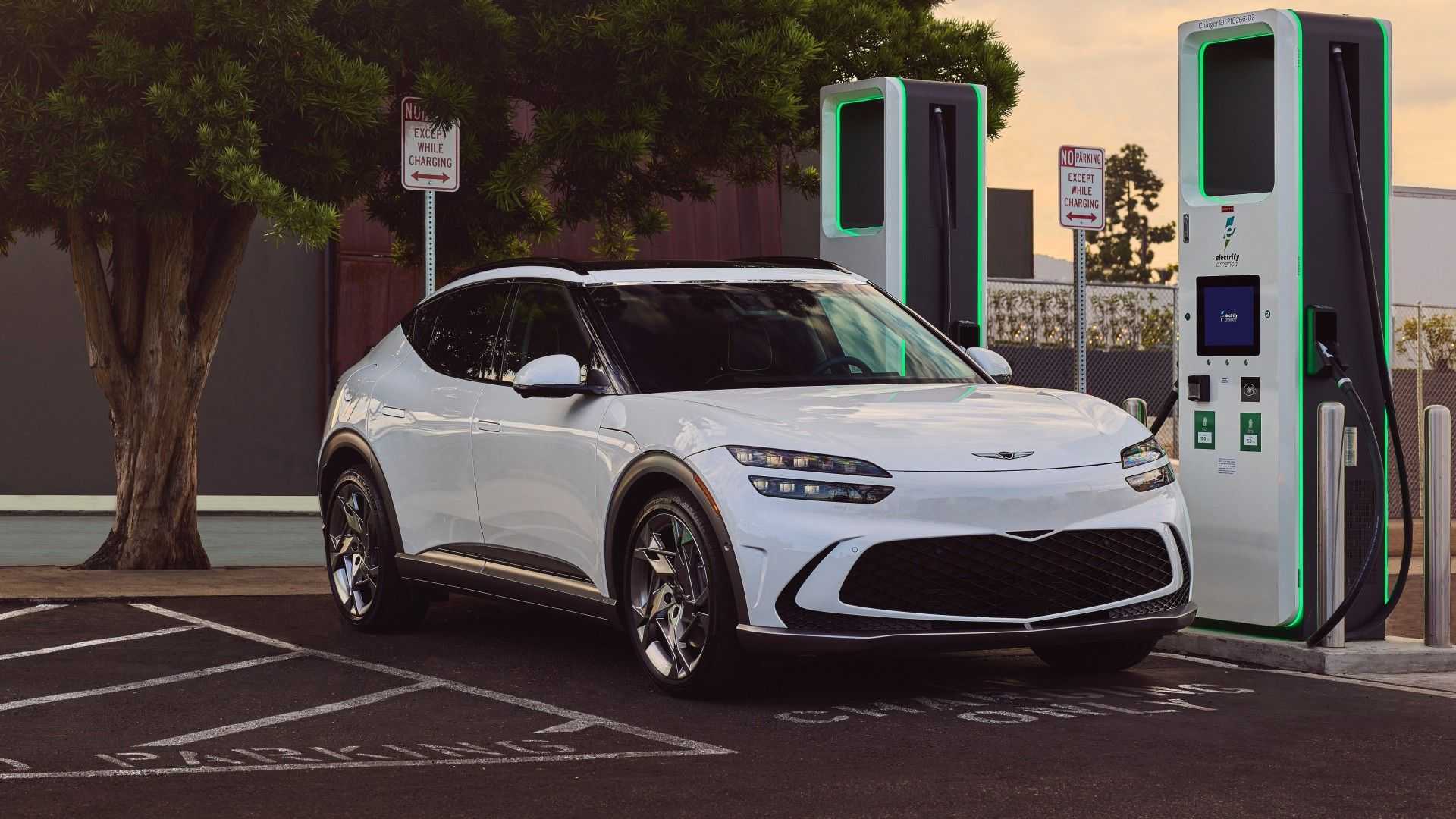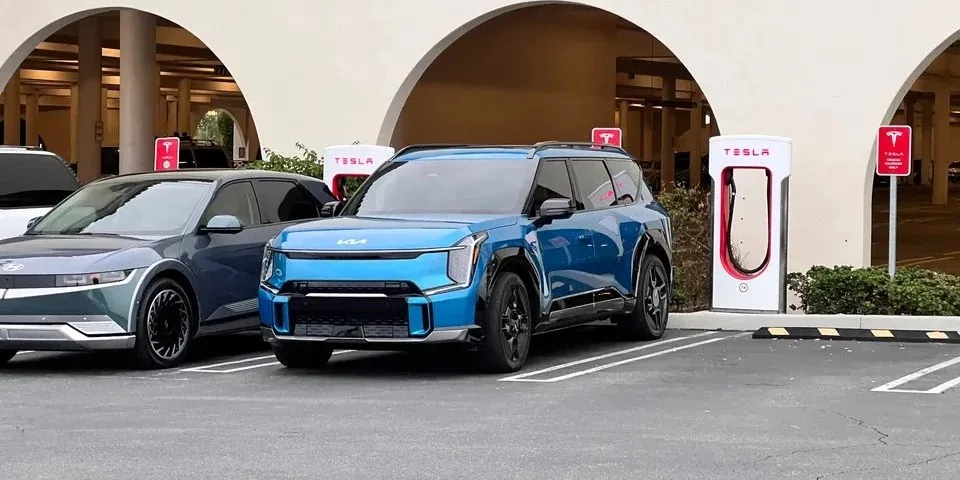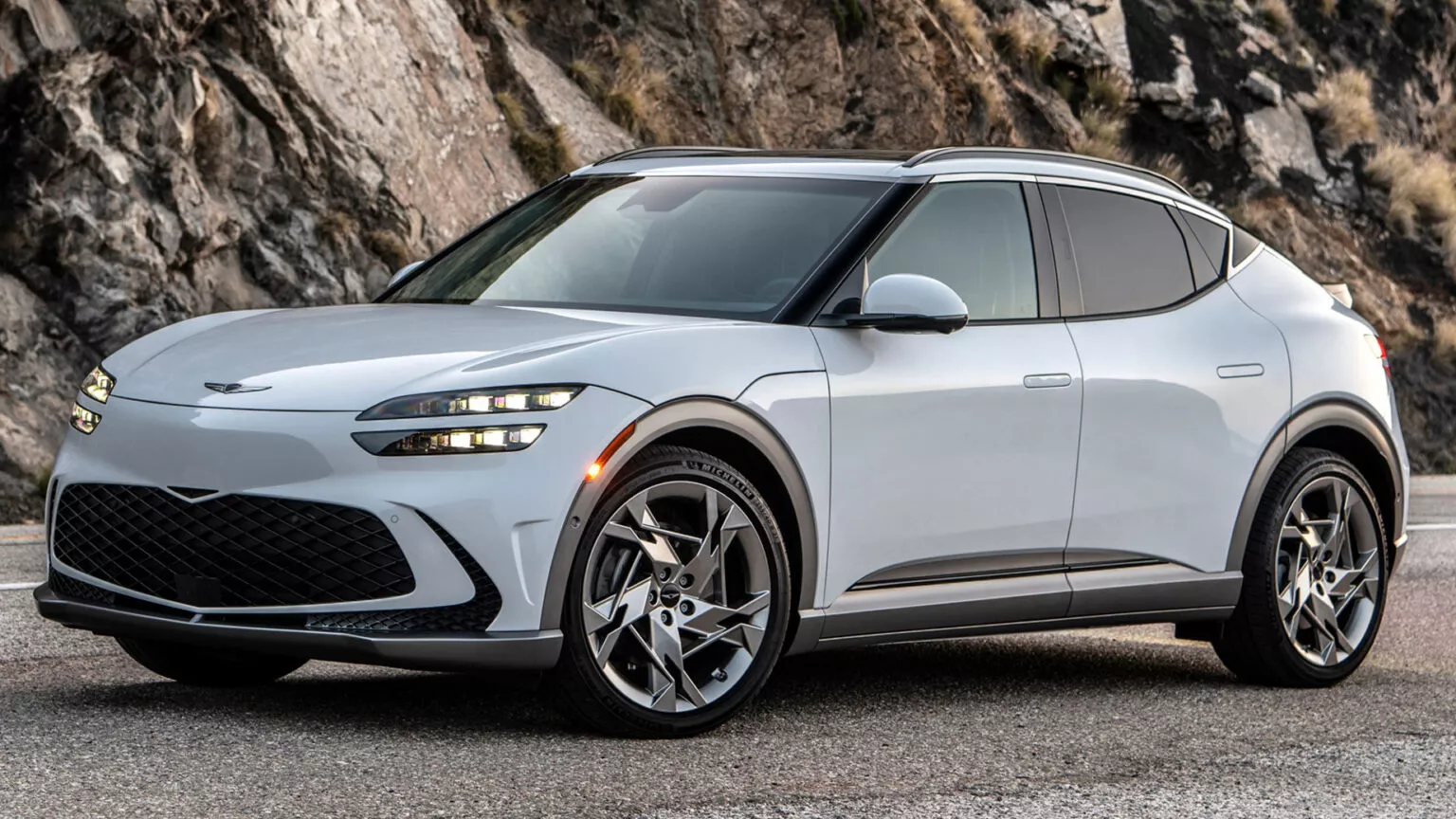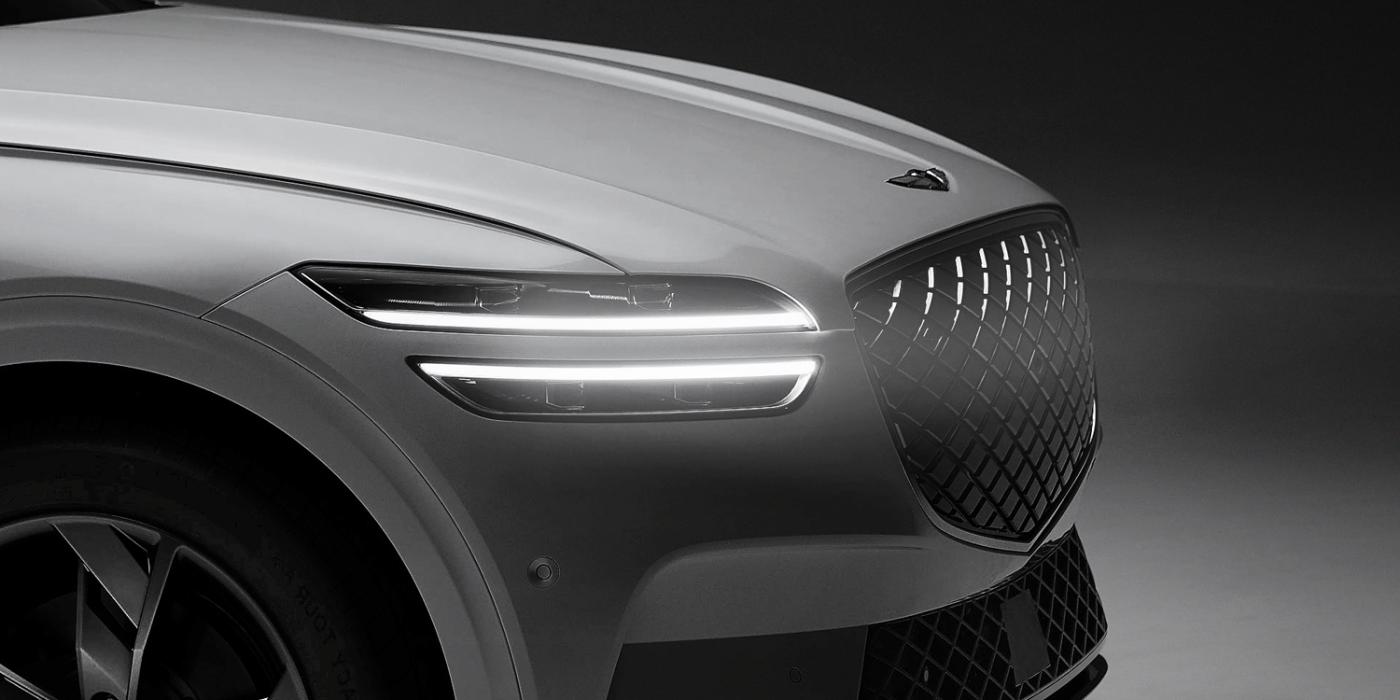In recent developments, two separate recalls have been initiated in the United States, involving the all-electric Genesis GV60 and the Hyundai Tucson models. The recalls pertain to specific units and have been announced due to safety concerns. The overall impact of these recalls remains contained, affecting only a small number of vehicles.
The 2023 GV60 recall by Hyundai Motor Company focuses on a specific issue related to the front passenger-side seat belt automatic locking retractors. Certain vehicles have exhibited an unusual behavior where these retractors can remain locked even after the seat belt has been fully engaged and retracted. The cause of this behavior has been attributed to internal interference, which prevents the seat belt from extending and fastening as intended. Consequently, the affected vehicles do not comply with Federal Motor Vehicle Safety Standard number 208, which deals with ‘Occupant Crash Protection.’
According to the National Highway Traffic Safety Administration (NHTSA), the malfunctioning seat belt assemblies were found to have been improperly assembled during a phase of inventory rework carried out by the supplier. Genesis took action in response to two warranty-related returns received in late June. As part of this action, the problematic seat belt assemblies were sent to the supplier for a detailed analysis.
The recall pertains to a specific subset of the GV60 model, encompassing 168 vehicles produced between November 5, 2022, and March 31, 2023. Owners of the affected vehicles will receive notifications regarding the recall by October 3. Dealerships will play a crucial role in addressing this concern, conducting thorough inspections and, if necessary, replacing the front passenger-side seat belt to rectify the identified issue.
In a separate recall initiated by Hyundai, a limited number of 30 units of the 2024 Tucson model, specifically those equipped with the SE trim package, are affected. These vehicles were manufactured between June 24, 2023, and July 17, 2023. The recall pertains to a specific aspect of the vehicles, specifically a tire and loading information placard that inaccurately displays spare tire pressure ratings. Notably, the Tucson model does not come standard with a spare tire. Hyundai highlights that this discrepancy “may cause confusion during an emergency tire replacement.”
Owners of the impacted Tucson vehicles will receive notifications regarding the recall by October 3. The remedy for dealerships involves replacing the inaccurate tire and loading information placard with an accurate one.





